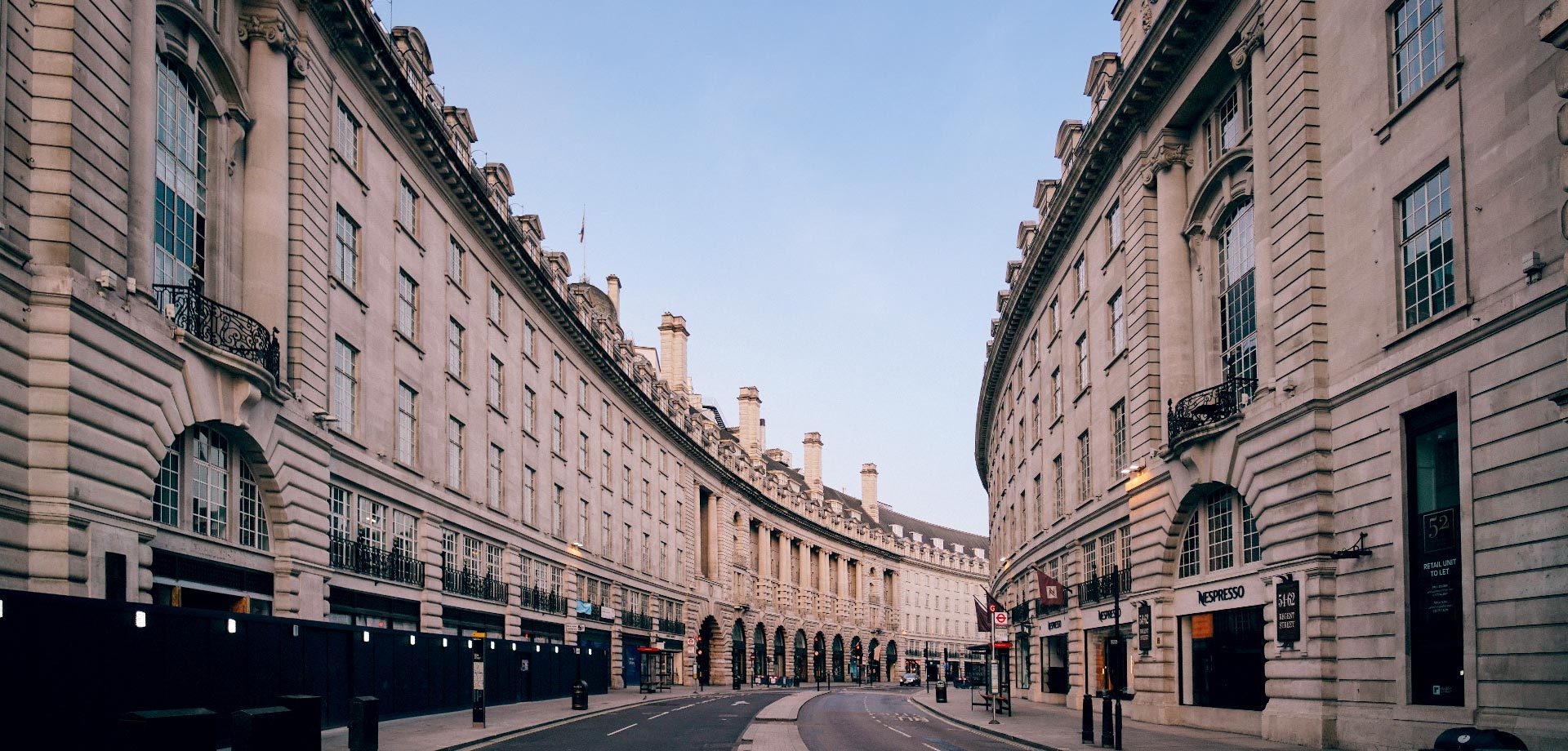
Market comment, April 2020
Following the onset of the Corona Virus, or Covid 19, there has been a once in a lifetime and seismic change to all our lives, not just here in the UK but globally; a change the consequences of which can really only be guessed at, as fear and confusion reign over all of us. No one is able to provide a solid and dependable oration of what will happen, there are just too many scenarios to try and comprehend; even the most pragmatic are struggling.
There are many commentaries being written daily by many experts in their respective fields, none of which can be conclusive, because we simply cannot know the outcome of the global economic trauma and potential catastrophe until such time that ‘the virus’ shows some signs of being controlled. No doubt there are many algorithms being coded and modelling taking place that will provide us with every conceivable outcome, both good, bad and apocalyptic, but the reality is that during lockdown we are in a vacuum, floating around trying to work out our direction, when in fact we have no control of our destiny at all.
None of this is truer than in the property market, which has to all intents and purposes been forced into closure on the back of the lockdown. Although showing properties to perspective clients and buyers is essential to our respective businesses, these trips are non-essential, nor form part of any exercise in the grand scheme of controlling the spread of Covid. What has happened is that our clients are asking for opinions as to what will happen to prices over the short and medium turn. This is an incredibly difficult question to answer, because in the most part we simply don’t know. Yes, we can guess, but as I have already alluded to there are so many answers and scenarios, how does anyone make sense of it.
Let’s start by taking a step back. The data provided up to the end of February shows a market beginning to reappear from the gloom of the last three Brexit years and the December 2019 election. To sum this up simply, mortgage approvals were at their highest in February since 2014 – 6+ years! 2020 looked to be heading for a decent result.
The financial markets collapse and the ensuing pandemonium should point to another property price adjustment, but as yet there is no data that can point to such a direction, in fact the contrary is possibly true. There were a couple of quite sizeable deals exchanged and completed just before the lockdown which will surprise many as well as there being a bank of deals under offer. Some of these have fallen through, but some new deals have been agreed in the midst of the chaos. Obviously new business will be difficult to generate, however hard one might try, so it is inevitable that the furloughing process will start this month among many of the agencies, both large and small. However, there are reports that a lot of buyers have registered interest in buying London property over the last three weeks, hedging against a price drop no doubt, but also as a safer reservoir to hold money in while equity and commodity markets confound and confuse. The March data will be interesting to read, but also what will be interesting is how valuers will adjust their view, given that the valuing process works on the basis of past sale comparisons.
To get some sense of what may happen we must draw on our experiences from the credit crisis and financial upheaval of 2008/2009, when a similar vacuum appeared and looked to point to a 30% drop in prices almost overnight. The drop was mostly hypothetical because there was simply so little volume that making a judgement on value was nigh impossible. One might argue that the market was fully priced in 2008 and interest rates were normal, but this time is a little different. I don’t foresee a similar sized fall of prices, not least because since 2014 the market has already contracted by a significant 20%. This is not apparent everywhere; some data shows this number to be less, whereas in other places the number is higher.
What was significant following the 2008 fall was the almost immediate 20% bounce back that started in April 2009 and the subsequent recovery to the new peak in October 2014, just before the stamp duty hike sent everyone diving for cover again. What was the same then as now is that interest rates are the lowest they have ever been and this may well stop putting pressure on anyone to sell. We could be in for a further and prolonged period of low volume and entrenched vendors, which will frustrate those with cash wanting to take advantage.
On the other hand…

Experience
Unlimited access to our brokers all with at least 10 years experience
Knowledge
Broad market knowledge with precise property advice
Network
A collaboration of leading property people locally and worldwide

